The Impossible Rise: When History’s Greatest Underdogs Seized Power
The clank of chains against stone floors. The sting of the overseer’s whip. The crushing weight of knowing your life belongs to another. This was the reality for millions in ancient Rome, where slaves constituted nearly 40% of the population. To be enslaved meant to be property—bought, sold, and discarded at the whim of masters. It meant having no legal rights, no family recognition, and certainly no pathway to power.
Yet against these insurmountable odds, a remarkable few not only gained their freedom but ascended to the highest position in the ancient world: Emperor of Rome. Their journeys from captivity to commanding the most powerful empire on earth remain among history’s most astonishing reversals of fortune.
The notion that a slave could become emperor seems almost mythical, especially considering the rigid social hierarchies of ancient Rome. The distance between servitude and sovereignty wasn’t merely vast—it was designed to be unbridgeable. Roman society functioned on clear distinctions between citizens and non-citizens, free and enslaved, patrician and plebeian. Yet these extraordinary individuals navigated this seemingly impassable social terrain, transforming their lives through combinations of intelligence, opportunity, resilience, and calculated risk-taking.
Their stories reveal something profound about power, potential, and the human capacity to overcome. They challenge our assumptions about what’s possible when everything appears fixed against us. And while the Roman Empire fell centuries ago, the leadership principles these men employed remain strikingly relevant to modern professional and personal challenges.
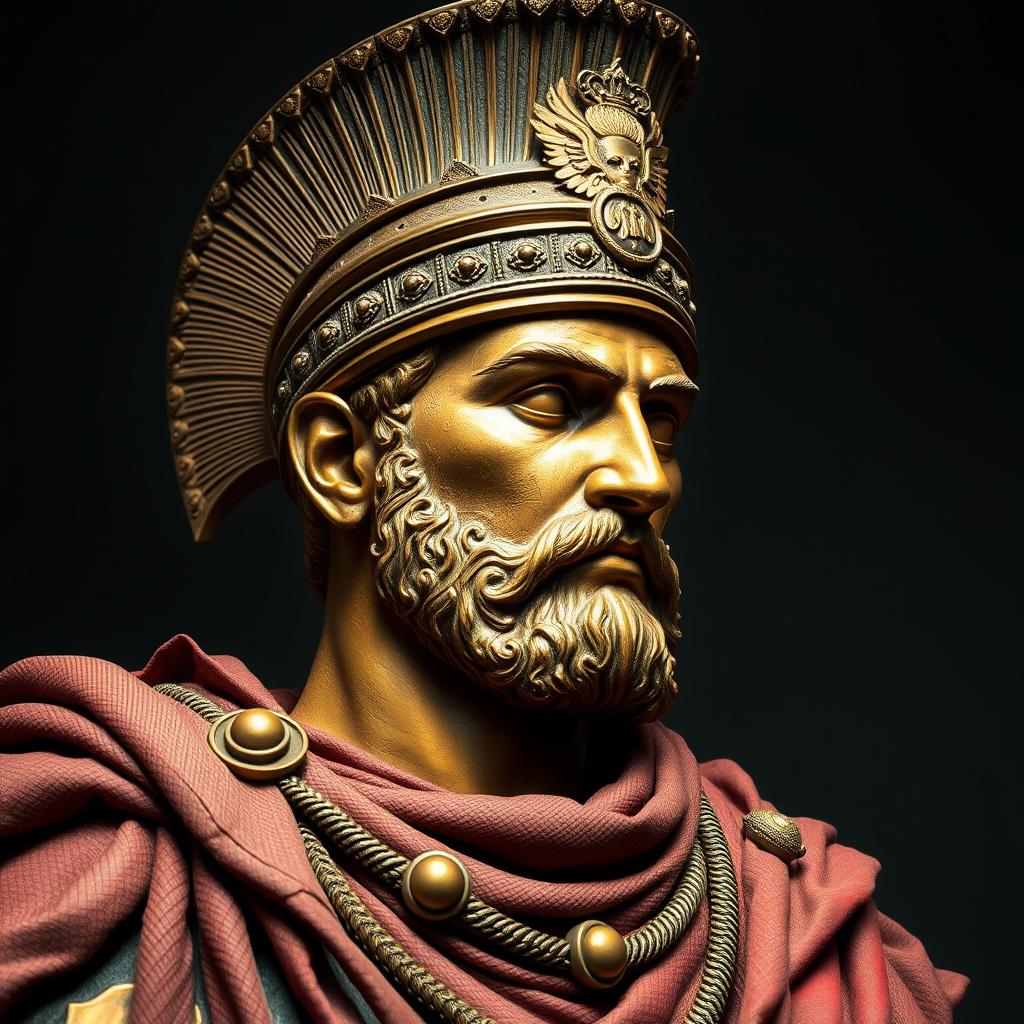
Emperor Publius Helvius Pertinax: The Educator Who Ruled Rome
Born in 126 CE in Alba Pompeia (modern-day Alba, Italy), Pertinax entered the world as the son of a freed slave. His father had been enslaved, gained freedom, and established himself as a wool merchant and timber dealer—modest beginnings far from the marble palaces of Rome’s ruling class. Though technically born free, Pertinax carried the social stigma of his father’s former status, permanently marking him as libertini (son of a freedman) in status-conscious Roman society.
Rather than accepting the limitations society placed on him, Pertinax pursued education with remarkable determination. He became a grammaticus (teacher of grammar and literature)—an unusual path for someone of his background. This decision revealed his first leadership quality: recognizing that knowledge could transcend social barriers where other paths could not.
Teaching provided Pertinax entry into networks typically closed to those of servile origin. His intelligence and discipline caught the attention of a patron who recommended him for military service—a turning point that would change the trajectory of his life. Moving from classroom to battlefield, Pertinax displayed exceptional tactical skills and leadership ability.
Through successive military campaigns in Parthia, Britain, and along the Danube, Pertinax distinguished himself through a combination of strategic thinking and personal courage. Unlike many commanders who led from behind, he fought alongside his men, earning their loyalty through shared hardship rather than enforced discipline. This approach—leading by example rather than decree—would later become central to his imperial philosophy.
His military success led to a series of increasingly important administrative positions: governor of Upper and Lower Moesia, Dacia, Syria, and finally, the prestigious role of prefect of Rome. At each step, Pertinax demonstrated exceptional fiscal discipline and integrity—qualities sorely lacking in Roman governance at the time. While others enriched themselves through corruption, Pertinax restored financial stability to previously mismanaged provinces.
When Emperor Commodus was assassinated on December 31, 192 CE, Rome faced a leadership vacuum. The Praetorian Guard, kingmakers of Rome, turned to Pertinax—not because of noble birth, but because of his reputation for competence, fairness, and fiscal responsibility. The former teacher had risen to become Emperor of Rome.
Pertinax immediately implemented reforms aimed at addressing the empire’s precarious financial situation. He sold off Commodus’s extravagant possessions, reduced palace expenses, paid debts, and ended many oppressive practices. Perhaps most significantly, he sought to restore the Senate’s dignity and role in governance—a move that revealed his understanding that sustainable leadership requires institutional support rather than personal power alone.
His reign would last only 86 days. The Praetorian Guard, accustomed to bribes and privileges under previous emperors, revolted when Pertinax refused to continue these corrupt practices. On March 28, 193 CE, guards stormed the palace and killed the emperor who had refused to compromise his principles.
Though brief, Pertinax’s reign exemplifies several enduring leadership principles: First, expertise in one field (education) can develop transferable skills applicable in seemingly unrelated domains (military and governance). Second, fiscal discipline provides the foundation for all other initiatives. Third, and perhaps most importantly, true leadership often requires making unpopular decisions for long-term benefit rather than seeking short-term approval.

Emperor Marcus Opellius Macrinus: The Strategic Outsider
Unlike Pertinax, Macrinus was born directly into slavery around 165 CE in Caesarea, Mauretania (modern-day Algeria). As a Berber born outside Italy, he faced double discrimination: both his servile status and his provincial origin marked him as an outsider in Roman society. His early life remains largely undocumented—the historical record only picks up his story after he gained freedom through unknown circumstances.
Free but lacking the connections that typically advanced careers in Rome, Macrinus focused on legal education. He became a skilled jurist (legal expert)—a profession that offered possibilities for advancement based on competence rather than birth. This strategic career choice demonstrated Macrinus’s ability to identify and navigate paths to influence despite social barriers.
His legal expertise eventually secured him a position in the imperial administration under Emperor Septimius Severus. When Caracalla succeeded his father Severus, Macrinus continued his administrative climb, eventually becoming praetorian prefect—effectively the second most powerful position in the empire. From this unprecedented height for a former provincial slave, Macrinus managed imperial finances and military affairs with remarkable efficiency.
However, Macrinus’s rise placed him in dangerous proximity to the increasingly unstable Emperor Caracalla. When he learned that Caracalla planned to replace him, Macrinus orchestrated a preemptive assassination and was proclaimed emperor by the army in 217 CE—becoming the first equestrian (non-senatorial) emperor and the first emperor who had never served as a senator.
Macrinus immediately faced the consequences of Caracalla’s financial mismanagement and military overextension. He negotiated peace with Rome’s enemies to reduce military expenditures and implemented austerity measures to stabilize imperial finances. Unlike his predecessor, who sought popularity through extravagant spending, Macrinus prioritized long-term stability over immediate acclaim.
His approach to governance revealed a sophisticated understanding of organizational leadership: identifying core problems (financial instability), implementing necessary but unpopular solutions (austerity measures), and communicating transparently about challenges (particularly with the army). These principles remain central to effective leadership in organizations facing resource constraints or requiring significant restructuring.
Macrinus’s reign lasted just over a year. The Severan dynasty, threatened by his reforms and his very existence as an outsider emperor, engineered a military revolt. In May 218 CE, troops proclaimed the fourteen-year-old Elagabalus (a relative of Caracalla) as emperor. Despite Macrinus’s attempts to maintain control, his forces were defeated, and he was captured and executed while attempting to reach Rome.
Though his tenure was brief, Macrinus’s extraordinary journey from provincial slave to emperor demonstrates several crucial leadership principles: First, specialized expertise (in his case, legal knowledge) can create opportunities even when traditional paths are blocked. Second, organizational understanding from within (his years as an administrator) provides insights unavailable to those who have only known privilege. Third, and perhaps most significantly, outsider perspective often allows for identification of problems and solutions that insiders cannot or will not see.
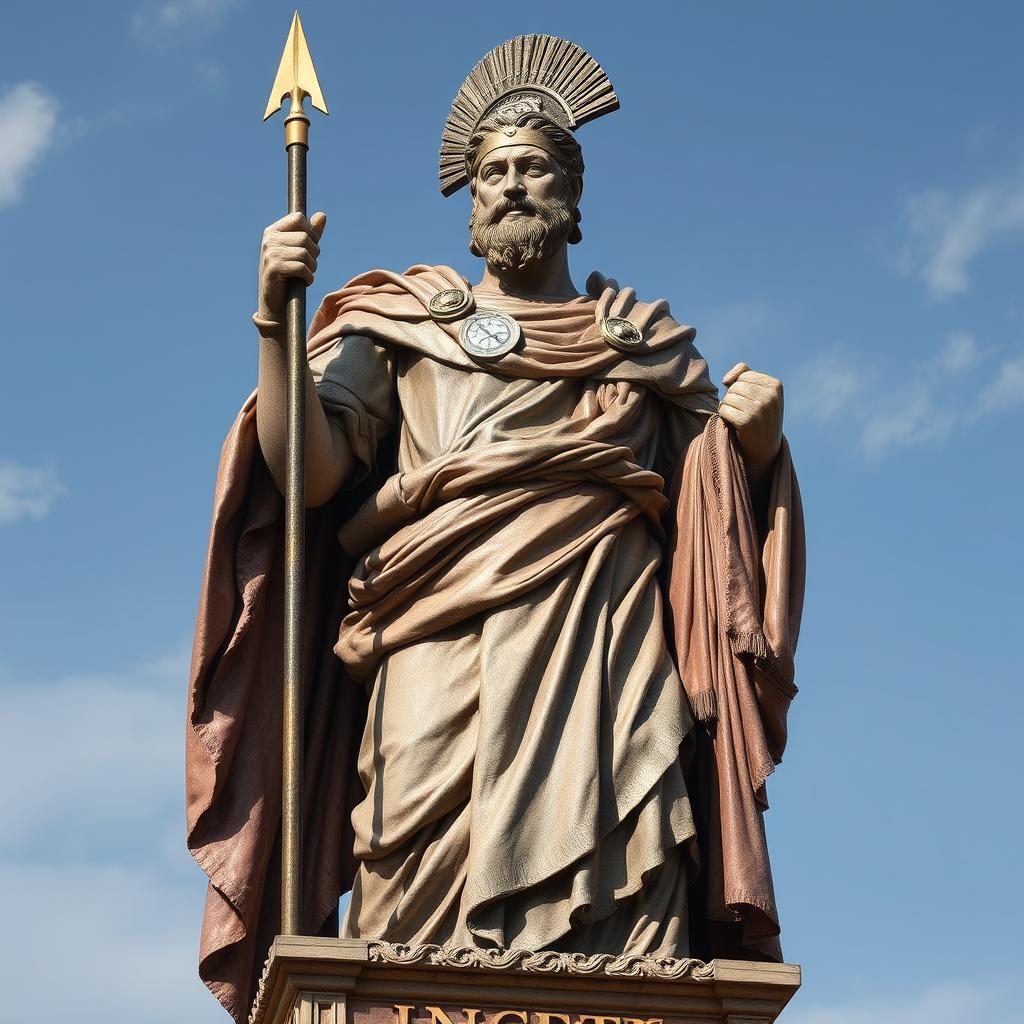
Emperor Maximinus Thrax: The Warrior Who Transformed Limitation into Strength
Born around 173 CE in Thrace (modern-day Bulgaria), Maximinus began life either as a slave or the son of extremely humble freedmen. His father was reportedly Gothic and his mother Alanic—tribal peoples considered barely civilized by Roman standards. Even his physical appearance set him apart; ancient sources describe him as a giant of a man, standing nearly eight feet tall with exceptional strength. While these accounts likely exaggerate, they emphasize how thoroughly Maximinus existed outside Roman aristocratic norms.
Unlike his scholarly predecessors, Maximinus found his path through physical rather than intellectual capabilities. He joined the army as a common soldier—one of the few Roman institutions where advancement could occur based on merit rather than birth. His extraordinary strength, courage, and natural military aptitude quickly distinguished him from other recruits.
During Emperor Septimius Severus’s reign, Maximinus’s battlefield prowess earned him promotion to the cavalry. Under Alexander Severus, he rose to command legionary units and eventually oversee the training of recruits. His rapid advancement demonstrated his ability to transform what others might consider limitations (low birth, provincial origin, lack of formal education) into distinctive advantages (physical strength, battlefield experience, direct connection with common soldiers).
When Alexander Severus failed to manage Germanic threats effectively in 235 CE, the discontented Pannonian legions proclaimed Maximinus as emperor. The Senate, confronted with a fait accompli backed by military force, reluctantly confirmed his position. Thus, a man who began life as a slave or near-slave, without formal education or political connections, became Rome’s ruler through sheer force of character and military skill.
As emperor, Maximinus focused almost exclusively on military affairs—his area of expertise. He personally led campaigns against Germanic tribes, securing Rome’s frontiers more effectively than his predecessor. Unlike aristocratic emperors who commanded from safety, Maximinus fought alongside his troops, shared their hardships, and demonstrated personal courage in battle. This authentic leadership style earned him extraordinary loyalty from common soldiers who saw in him a reflection of themselves.
However, Maximinus’s strengths became liabilities in other areas of governance. His single-minded focus on military matters led him to increase taxes severely to fund campaigns. His suspicion of the aristocracy (who indeed looked down on him as a “barbarian”) created a rift with the Senate. His lack of diplomatic experience led to unnecessarily harsh policies that united opposition against him.
In 238 CE, wealthy landowners in Africa revolted against his tax policies. The Senate, seizing the opportunity, declared him a public enemy and recognized Gordian I and II as co-emperors. Though this initial revolt failed, it sparked a series of events that led to Maximinus’s troops, weary from a prolonged siege and dwindling supplies, assassinating him and his son.
Maximinus’s three-year reign exemplifies several enduring leadership lessons: First, authentic leadership based on demonstrated capability can inspire extraordinary loyalty. Second, specialized expertise (military strategy) must be balanced with broader governance skills. Third, and perhaps most importantly, leaders must build coalitions beyond their natural base of support to achieve lasting impact.
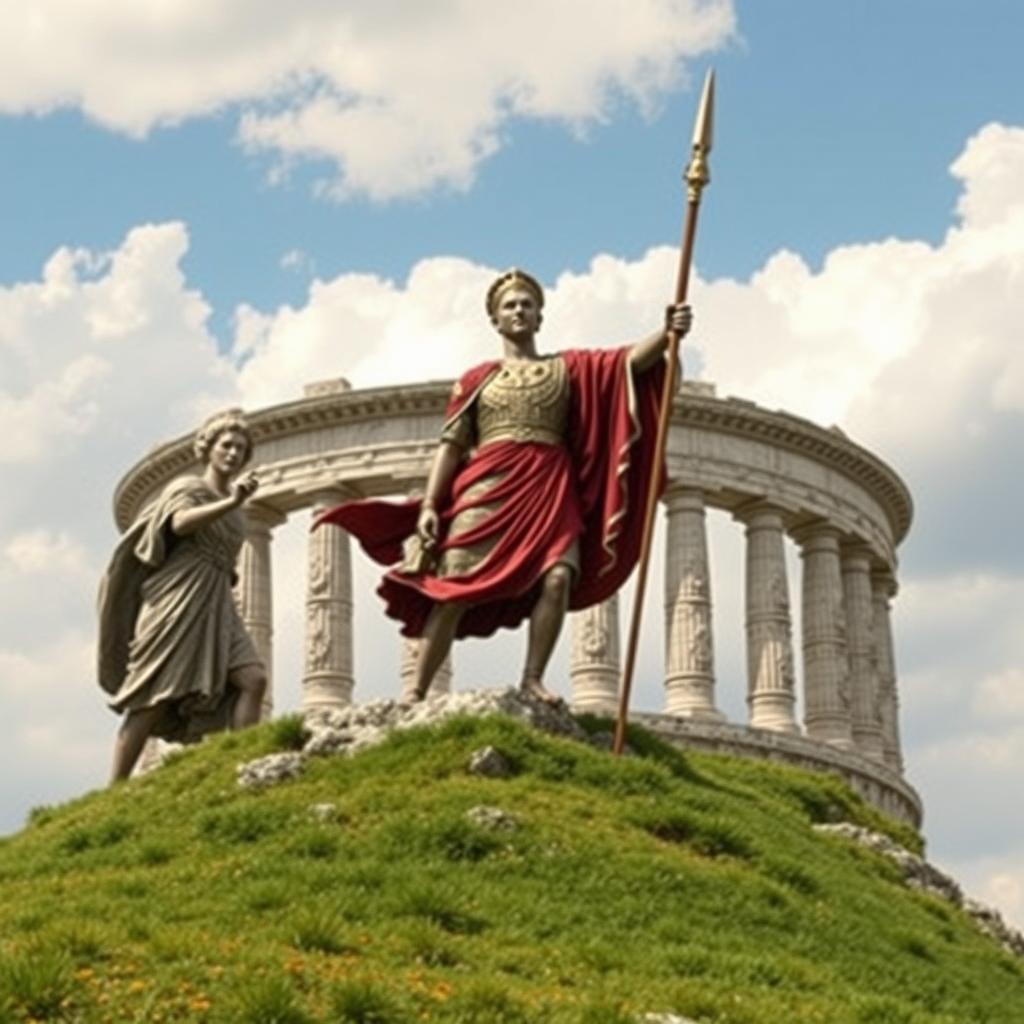
The Common Threads: Leadership Principles That Transcend Time
What connects these three extraordinary journeys from servitude to sovereignty? Despite their different paths and personalities, several common principles emerge—principles that remain remarkably relevant for modern leadership challenges:
Identify and Leverage Unique Advantages
Each emperor transformed what might have been considered limitations into distinctive strengths. Pertinax used his teaching background to bring analytical thinking to governance. Macrinus leveraged his legal expertise to navigate imperial administration. Maximinus turned his outsider status and physical prowess into military leadership. They succeeded not by attempting to overcome their backgrounds, but by strategically employing the unique perspectives and skills their backgrounds provided.
This principle applies powerfully today. The most effective leaders don’t succeed despite their unconventional backgrounds or experiences—they succeed because of them. These differences often provide insights, approaches, and connections unavailable to those who have followed traditional paths.
Master Specialized Knowledge as a Gateway
All three emperors used specialized expertise to create initial opportunities: Pertinax through education, Macrinus through law, Maximinus through military skill. Their technical mastery opened doors that would have remained closed if they had attempted to compete on traditionally valued aristocratic qualities.
This strategy remains viable in modern contexts. Developing exceptional capability in specific domains—particularly those where outcomes can be objectively measured—creates opportunities even when traditional paths seem blocked by factors beyond one’s control.
Recognize and Seize Critical Moments
Each emperor demonstrated remarkable ability to identify and act decisively at pivotal moments. Pertinax stepped forward during the crisis following Commodus’s assassination. Macrinus acted preemptively when threatened by Caracalla. Maximinus mobilized troop support when Alexander Severus failed militarily.
This capacity to recognize when systems are vulnerable to change—and having the courage to act during these brief windows—remains essential for those seeking to overcome entrenched barriers to advancement.
Balance Authenticity with Adaptation
These emperors maintained core identities while adapting to new contexts. Pertinax brought educational discipline to governance. Macrinus applied legal precision to imperial administration. Maximinus maintained his soldier’s identity even as emperor. Yet each also adapted sufficiently to function in environments drastically different from those of their origins.
Modern leaders face this same challenge: remaining authentic to their core values and experiences while adapting sufficiently to new contexts where those experiences may not be shared or immediately valued by others.
Understand That Rise and Fall Share Common Roots
Perhaps most instructively, each emperor’s downfall connected directly to the same qualities that enabled his rise. Pertinax’s principled fiscal discipline antagonized the Praetorian Guard. Macrinus’s administrative efficiency threatened entrenched interests. Maximinus’s military focus neglected crucial political relationships.
This pattern highlights a critical leadership paradox: The very qualities that enable initial success often contain the seeds of eventual failure if not balanced by complementary capabilities or perspectives.
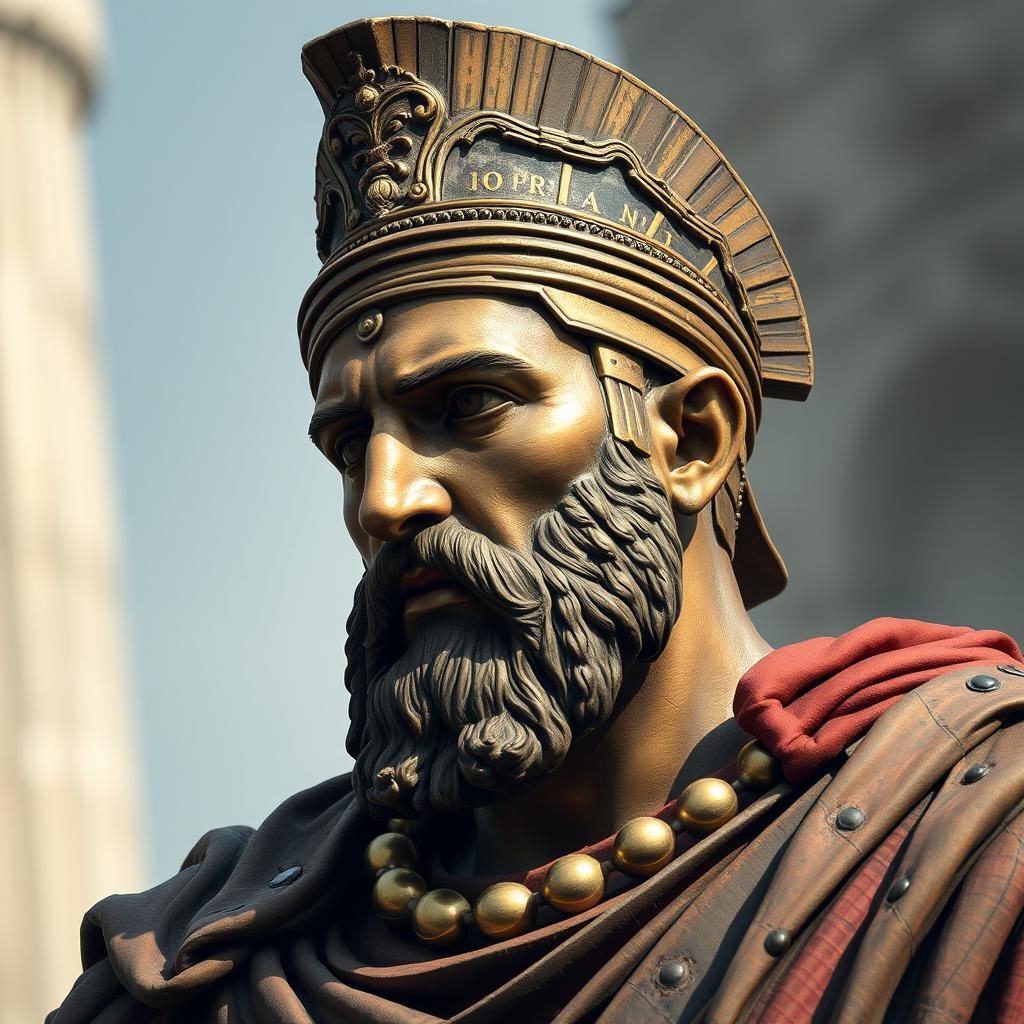
From Ancient Rome to Modern Leadership: Applying These Principles Today
The journeys of these three emperors offer more than historical curiosities—they provide a framework for approaching modern leadership challenges, particularly for those who find themselves outside traditional power structures:
First, their stories remind us that technical expertise creates opportunities when other paths remain closed. In contemporary settings, this might mean developing specialized knowledge in emerging fields, quantifiable skills, or areas experiencing talent shortages.
Second, they demonstrate the importance of understanding organizations from multiple levels. Each emperor had experienced Rome’s power structures from positions of both subordination and authority—giving them insights unavailable to those who had only known privilege. This multi-level perspective remains valuable in modern organizations, where the most effective leaders often have experience across various levels and functions.
Third, they illustrate that outsider status, while challenging, provides unique advantages: fresh perspective, willingness to question established practices, and ability to connect with constituencies overlooked by traditional leadership. In today’s rapidly changing environment, these qualities often prove more valuable than traditional insider knowledge.
Fourth, they highlight the necessity of coalition-building. Each emperor succeeded initially by securing support from key constituencies (military, administration, or Senate) but ultimately fell when unable to maintain or expand these coalitions. This principle remains crucial in modern contexts, where sustainable leadership requires building alliances across diverse stakeholder groups.
Finally, and perhaps most importantly, their journeys demonstrate that limitations imposed by circumstance—while real and significant—are rarely absolute. Systems designed to be impermeable nevertheless contain pathways for those with sufficient determination, strategic thinking, and adaptability.
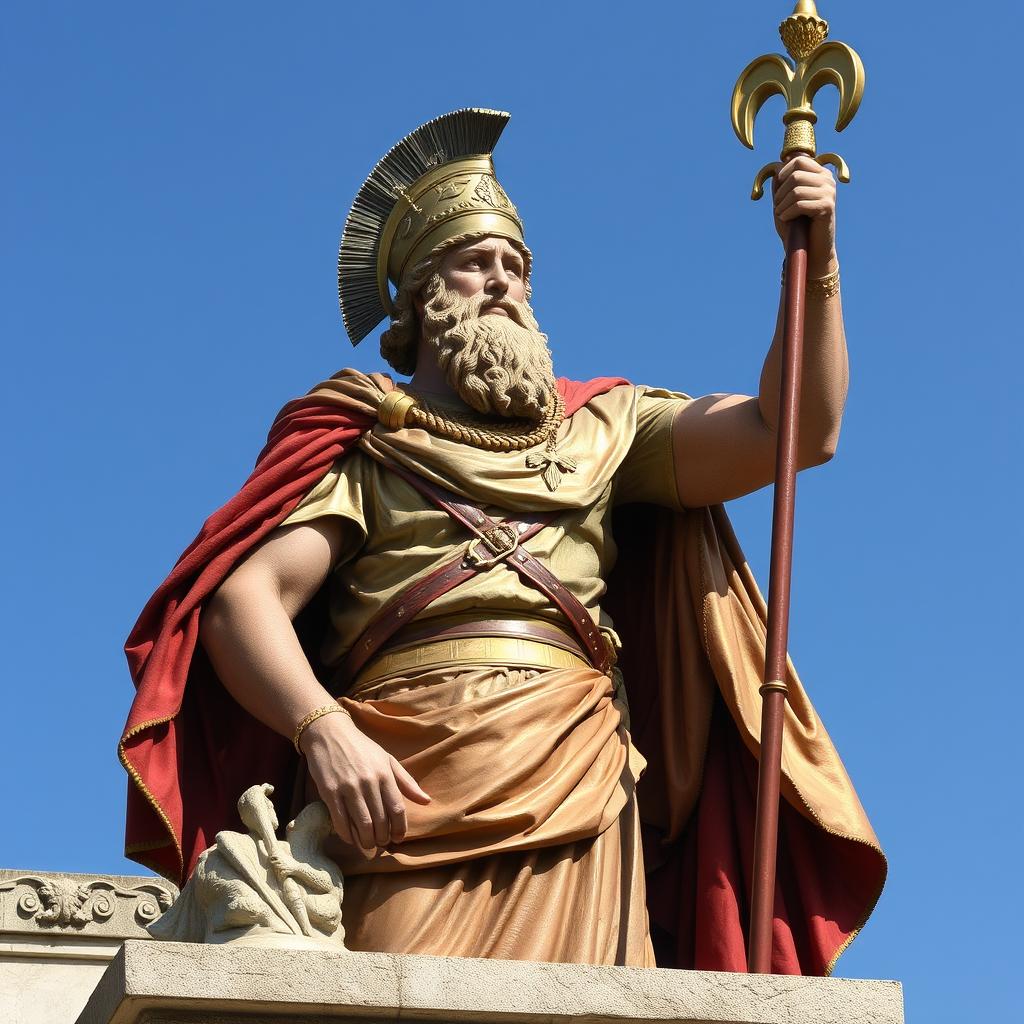
The Ultimate Leadership Lesson: Transformation Through Adversity
What makes these three emperors’ stories particularly relevant today isn’t simply that they overcame obstacles—it’s that they were fundamentally transformed by their journeys. Their experiences of servitude, marginalization, and struggle shaped their approaches to power in ways that distinguished them from emperors born to privilege.
Pertinax brought fiscal responsibility because he understood the value of resources in ways those born to wealth could not. Macrinus approached administration with precision because his survival had depended on navigating complex systems flawlessly. Maximinus connected authentically with common soldiers because he had been one.
This transformation of adversity into perspective represents perhaps their most enduring legacy. The most effective leaders—ancient or modern—are not those who have never faced limitations, but those who have been fundamentally shaped by overcoming them.
In our own era of rapid change and disruption, where traditional paths to influence are being reconfigured, these ancient examples remind us that leadership has never been determined solely by birth, background, or circumstance. It emerges, as it has throughout history, from the complex interplay of opportunity, preparation, and the capacity to transform limitation into unique perspective.
The distance between slavery and imperial power in ancient Rome was vast, but not—as these extraordinary lives demonstrate—unbridgeable. The distance between where you stand today and where you aspire to be may seem equally vast. But if Pertinax, Macrinus, and Maximinus could traverse the seemingly impossible gulf from shackles to sovereignty, what possibilities might await those who apply their principles with equal determination?

